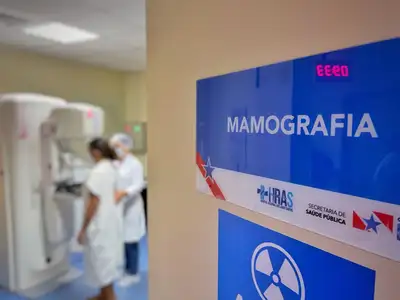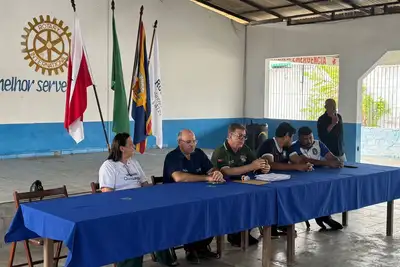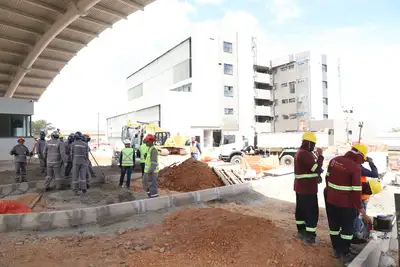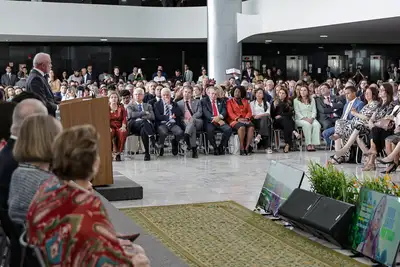Metropolitan Polyclinic of Pará strengthens neurological care and stroke prevention
Unit performs over 1,200 monthly consultations and expands specialized exams for early diagnosis of Stroke (AVC)
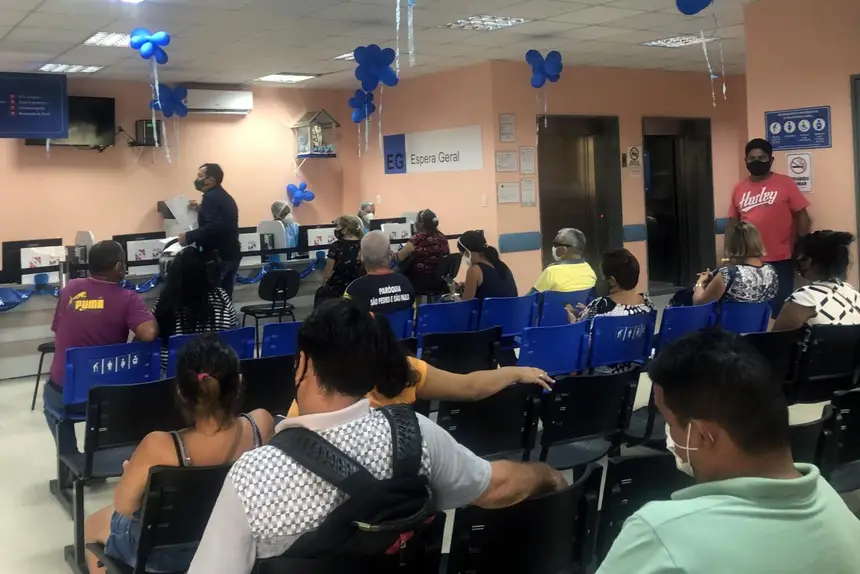
At the Metropolitan Polyclinic of Pará, in Belém, neurology is one of the most in-demand services: there are about 1,200 monthly consultations and over 2,000 complementary exams, essential for the diagnosis and prevention of severe neurological diseases, such as stroke (AVC).
The unit of the Government of Pará, managed by the Institute of Social and Environmental Health of the Amazon (ISSAA), is consolidating as a reference in the State for specialized health care.
Neurologist Juvenal de Souza Rogério explains that stroke, also called a cerebrovascular accident, "is characterized by a sudden event that causes damage to brain tissue, which can range from subtle signs to life-threatening situations."
He details that there are two types: ischemic, responsible for 85% of cases, resulting from a lack of blood in a specific area of the brain; and hemorrhagic, which occurs when there is bleeding into the brain tissue or its spaces, such as grooves and cisterns.
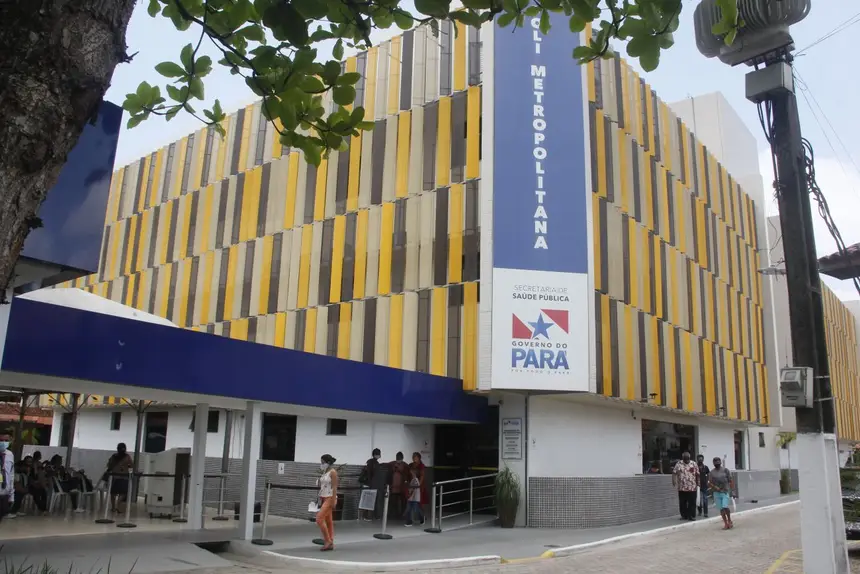
According to the specialist, quickly recognizing the signs is essential to save lives. "The main signs are the sudden appearance of facial drooping to one side, loss of strength in arms or legs, and even difficulty expressing or understanding speech. These signs can be remembered by the acronym: S – smile; A – arm; M – music (speech); U – urgent acute," advises Juvenal.
At the Polyclinic, the population has access to a series of exams that assist in prevention and early diagnosis. Among them are laboratory tests, cardiological exams, CT scans, MRIs, and echocardiograms, the latter being essential to assess cardiac function related to stroke risk.
"Clinical follow-up reduces the chances of both heart attack and stroke because we screen for clinical and surgical causes that can be corrected before the event occurs, in addition to guiding about adjunct therapies for rehabilitation," adds the doctor.
The neurologist also emphasizes that many patients only discover risk factors during routine consultations, reinforcing the importance of preventive care and continuity of treatment. "Determining previous causes and correcting future risks is essential for a more personalized screening and lasting care," he concludes.
Service:
Appointments at the Metropolitan Polyclinic of Pará can be made through the Relationship Center, via WhatsApp Business at (91) 98521-5110 or by email at agendamento.polimetropolitana@issaa.org.br. For the appointment, it is necessary to present a photo ID, CPF, National SUS Card, and proof of residence (originals and copies). In the case of children without an ID, it is possible to present the birth certificate and the mother's official documents.
Text by Roberta Paraense


